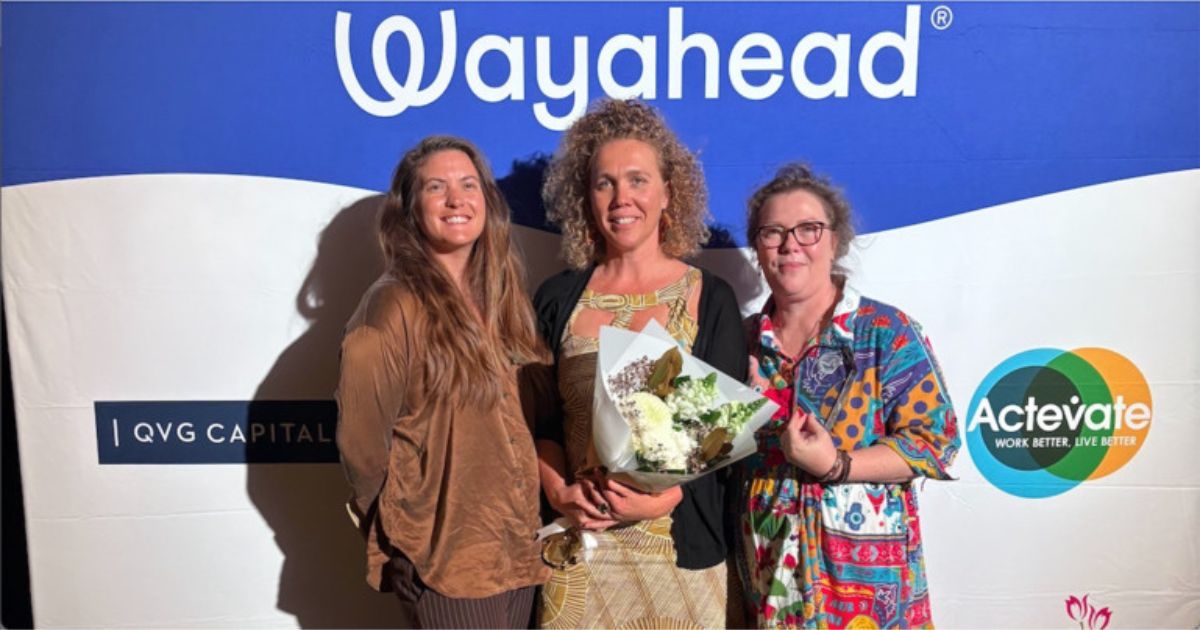Pharmacists set to further support GP shortages

Pharmacist Paul Hession believes the change to expand pharmacy services is a game changer. Photo: SUPPLIED
THOUSANDS can now access treatment for simple ailments in pharmacies, boosting access to fast, convenient health care across NSW.
The third and final trial phase is underway, allowing pharmacists to provide dermatology consults for common minor skin conditions, wound management, as well as ear infections, nausea, gastro, acne, and muscle and joint pain.
In phase one, more than 3,300 pharmacists provided 18,000 consultations to women aged 18 to 65 with uncomplicated urinary tract infections, and in phase two more than 490 pharmacies delivered more than 1,800 consultations for the contraceptive pill.
The Mapp and Hession Pharmacy has been serving the Murwillumbah community for 40 years, and co-owner and pharmacist Paul Hession said that they had already added a second consulting room.
“I think it’s a game changer.
It’s crazy to have to go the doctor to get ear drops for swimmers’ ear. Why should a GP have to mess around with that when they have patients with heart conditions and diabetes complications?
“In the past for something as basic as impetigo, I’d have to say I know what the problem is, but you need to go and see your doctor,” he said.
“We can now prescribe full-strength and full-size medications you could only get from a doctor for conditions that can quickly worsen without primary attention. I saw a teenager with impetigo who came to me in desperation after it had started to spread, and she was unable to get into a doctor. When I explained that I could treat her, she was so grateful.”
Mr Hession agreed that expanding pharmacists’ scope of practice will alleviate pressure on GPs and support preventative health measures.
“The shift in thinking might take five years or more for people to understand. It’s a big thing, one of those ‘If you build it, they will come’ moments.
“When you see the gratitude in people’s faces, and that they don’t have to wait weeks for a doctor, they are so relieved,” he said.
The NSW government is covering the $35 consults during the trial phase; however, medications are private and not yet covered by the PBS.


















